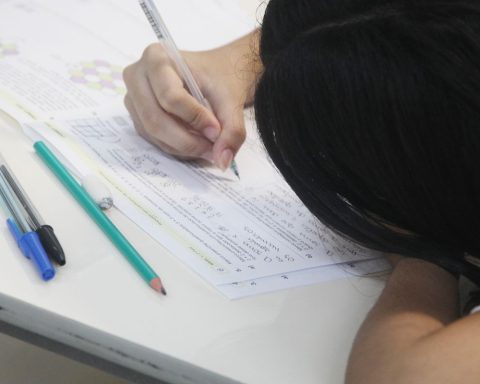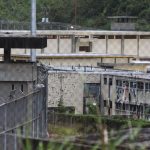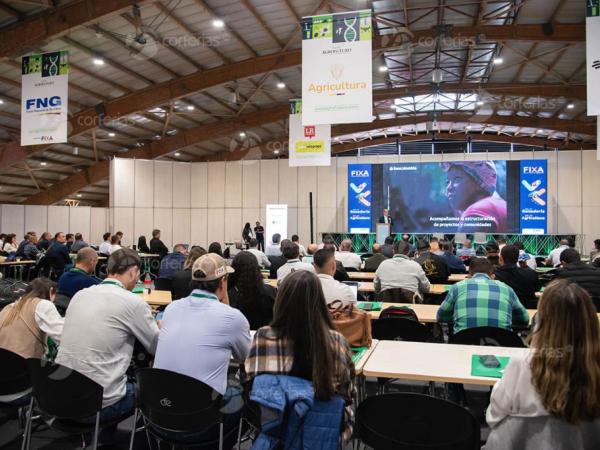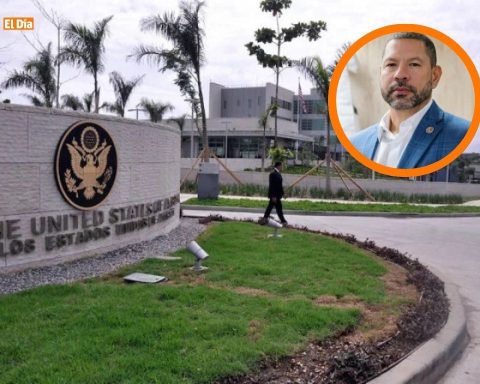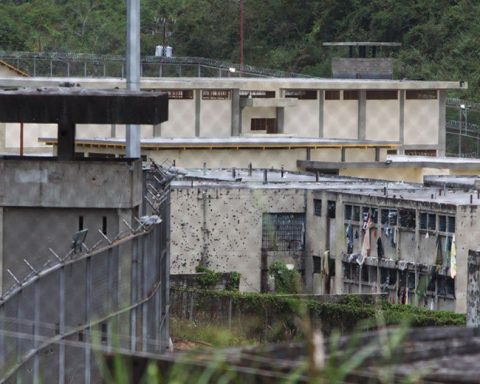A diagnosis published this Tuesday (29) by the Institute for Applied Economic Research (Ipea) reveals distortions in the Brazilian tax system that allow richer taxpayers to pay proportionally less tax than people with lower incomes, such as salaried workers.
According to a study signed by economist Sérgio Wulff Gobetti, a career researcher at Ipea, “income from capital is, in general, less taxed than income from work”, and “the richest have a greater proportion of their income related to remuneration of capital, this results in a little progressive or even regressive incidence of income tax at the top of the pyramid.”
The analysis considers the Personal Income Tax (IRPF), the Corporate Income Tax (IRPJ) and the Social Contribution on Net Profit (CSLL). The data are from the Federal Revenue of Brazil.
Approximately 800 thousand taxpayers with an average income of R$449 thousand per year pay a maximum rate of 14.2%, the same percentage used to calculate the Income Tax owed by a salaried person who receives R$6 thousand in wages.
The 14.2% rate is the maximum tax rate among the richest taxpayers. From then on, the progressive collection of taxes and contributions ceases, and the rates gradually decrease as the income of the declarants increases.
When the average annual income is R$1.053 million, a value obtained by 1% of the richest taxpayers (1.536 million people), the rate drops to 13.6%. If the average annual income rises to R$5.295 million (obtained by 153 thousand people, 0.1% of declarants), the proportion of Income Tax payable drops to 13.2%. If the average annual income reaches R$26.036 million (earned by just over 15 thousand people, 0.01% of declarants) the rate reaches 12.9%.
Concentrated income
In the portion of 0.01% of the richest declarants, 81% of income comes from capital gains, profit and interest or from rural activity. Among the declarants who were the richest 0.1% stratum, 77% of their income comes from these sources. Among the richest 1%, 66% of income is obtained through these means.
“The income accumulated by the richest 1% is also a good indicator of concentration and, in the Brazilian case, reached approximately 23.6% of families’ gross disposable income in 2022”, highlights the study.
The regressivity in the proportion of tax to be collected by the richest strata of Brazilian society “is a reflection of countless distortions and privileges perpetuated in the Brazilian tax system”, describes Gobetti in the conclusions of his analysis.
Benefits and privileges
For the economist, among the dysfunctions of the national tax system “we highlight not only the exemption on profits and dividends distributed to individuals (a rare case in today’s world) but also the benefits inherent to special taxation regimes and the loopholes existing in the regime of real profit, which make the taxation of Brazilian companies’ profits so disparate between different corporations and economic sectors.”
Sérgio Gobetti assesses that the country has a tax system “that rewards businesspeople who adopt more tax planning stratagems or simply restrict the scale of their business to the limits of special regimes, as in the Brazilian case, [o que] generates comparative advantages that have nothing to do with the economic activity itself.”
The benefits granted to companies have tax effects and burden public accounts. Ipea estimates that around R$180 billion were not collected between 2015 and 2019 by companies that opted for the Simple and Presumed Profit taxation regimes.
Considering inflation, the updated value would be R$300 billion. Companies that pay taxes under those special regimes only collect 25% of what they would pay if they were to collect taxes based on their real profit.
The study Tax Progressivity: Diagnosis for a Reform Proposal was published as a technical note in the Conjuncture Letter available on website from Ipea.
For the author, “it is fundamental”, in the public debate, “to show that the lack of equity with which income in general (and corporate profits, in particular) is taxed has negative consequences not only on tax justice, but also on economic efficiency.”
The regulation of tax reform under discussion in the National Congress could reverse the regressive nature of taxes and contributions. Last week, the Senate Constitution and Justice Committee (CCJ) approved a work plan to evaluate the bill that regulates tax reform, as reported by Brazil Agency.



